Post-Transplant Nutrition: The Ultimate Guide to Healthy Hair Growth
Facial Plastic Surgery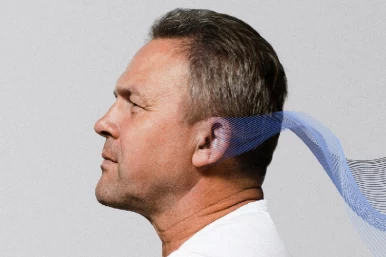
Hair transplant is a popular cosmetic surgery that involves moving hair follicles from one area of the scalp to another. While the procedure is relatively straightforward, the recovery period can be challenging. Proper diet is one of the most important factors in promoting healthy hair growth after a hair transplant. Eating a well-balanced diet rich in essential vitamins and minerals can help to support the healing process and promote optimal hair growth.
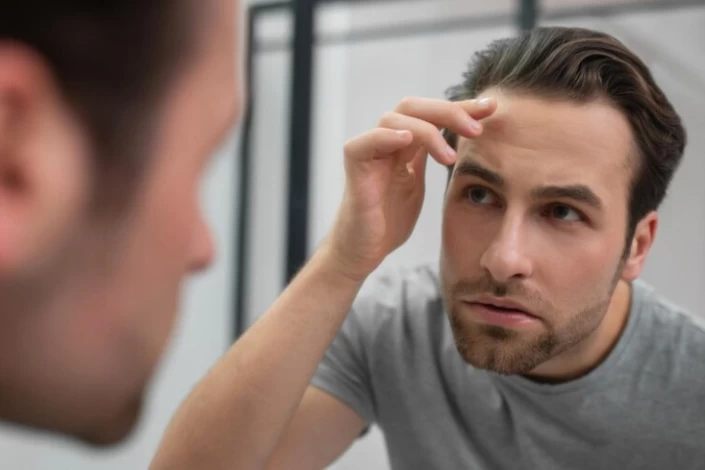
A healthy diet after a hair transplant can help to speed up the healing process and promote new hair growth. Certain foods are essential for promoting healthy hair growth, including protein, iron, and vitamin C. By incorporating these nutrients into your diet, and you can help ensure that your hair transplant is successful and that you achieve the best possible results. Read on to learn what to eat and not to eat after a hair transplant.
What Is the Best Diet After a Hair Transplant?
After a hair transplant, the best your diet should be rich in nutrients and support the healing process. A protein, iron, and vitamin C is essential for optimal results. Protein is necessary to produce keratin, the key structural component of hair. Iron is essential for producing red blood cells, which carry oxygen to the hair follicles. Vitamin C helps to promote collagen production, which is necessary for healthy skin and hair. In addition to these nutrients, a diet rich in vitamins A, B, and E, as well as zinc and biotin, can promote healthy hair growth.

What Are the Best Foods to Eat After a Hair Transplant?
The best foods to eat after a hair transplant are those rich in nutrients that promote healthy hair growth and support healing.
Some of the best foods to include in your diet after a hair transplant are as follows:
- Lean proteins such as chicken, fish, and eggs;
- Dark leafy greens such as spinach and kale that are rich in iron and vitamin C;
- Red meat such as Beef and lamb that are good sources of iron;
- Beans and lentils are also good sources of iron, as well as protein and other nutrients that support healthy hair growth;
- Citrus fruits such as oranges, lemons, and grapefruits that are rich in vitamin C;
- Nuts and seeds such as almonds, walnuts, and sunflower seeds that are rich in vitamin E and zinc;
- Whole grains such as brown rice, quinoa, and oats are good sources of biotin.
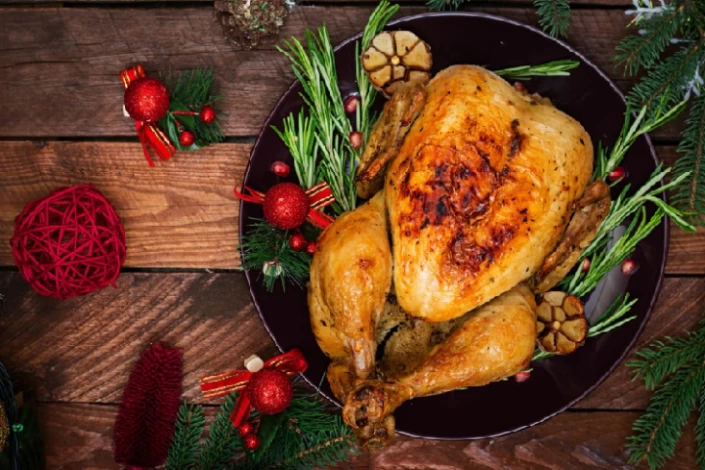
What Foods to Avoid After a Hair Transplant?
After a hair transplant, avoiding certain foods that may interfere with the healing process or increase the risk of complications. Here are some foods to avoid after hair transplant:
- Spicy foods can cause inflammation and irritation in the scalp, which can slow down the healing process;
- Alcohol, as it can thin the blood and increase the risk of bleeding, which can be harmful after a hair transplant surgery;
- Caffeine, as it can also increase the risk of bleeding and may interfere with the healing process;
- Salty foods can cause dehydration, which can make it difficult for the body to heal;
- Sugary foods can increase inflammation and slow down the healing process.
- Fried and fatty foods can be difficult to digest and cause gastrointestinal problems, interfering with healing.

What Are the Best Fruit to Eat After a Hair Transplant?
Fruits are an excellent source of vitamins, minerals, and antioxidants that can help promote healing and boost the immune system after a hair transplant surgery.
Here are some of the best fruits to eat after a hair transplant:
- Berries - such as strawberries, blueberries, and raspberries, which are rich in antioxidants and vitamins that support hair growth;
- Citrus fruits - like oranges, lemons, and grapefruits, which are high in vitamin C that aids in collagen production and strengthens hair follicles;
- Kiwi - a good source of vitamin E, which helps improve blood circulation to the scalp and promotes healthy hair growth;
- Avocado - rich in healthy fats and vitamin E, which nourish the scalp and hair follicles;
- Pineapple - contains vitamin C and antioxidants that can help improve hair health;
- Apples - provide fiber and various vitamins that support overall health, including hair health.
What Are the Best Drinks After a Hair Transplant?
After a hair transplant, staying hydrated and consuming beverages supporting the healing process and overall health are important. The best drinks after hair transplantation can include:
- Water: Staying well-hydrated is crucial for the healing process. Water helps flush out toxins from the body and supports overall health.
- Herbal Teas: Herbal teas, such as chamomile or ginger tea, can have soothing and anti-inflammatory properties that may help with recovery.
- Fresh Fruit Juices: Natural fruit juices, especially those high in vitamin C, can support the body's healing process and provide essential nutrients.
- Coconut Water: Coconut water is hydrating and contains electrolytes, which can help maintain proper hydration levels.
- Smoothies: Nutrient-dense smoothies made with fruits, leafy greens, and healthy fats can provide essential vitamins and minerals to support healing and overall health.
What Vitamins and Supplements Are Good for Hair Regrowth After a Hair Transplant?
The vitamins and supplements you should take after a hair transplant are as follows:
Vitamins and supplements are known to support hair regrowth after a hair transplant and enhance hair's overall health may be as follows:
- Biotin: Also known as vitamin B7, biotin is essential for the production of keratin, It is often recommended for supporting hair growth and maintaining healthy hair.
- Vitamin D: Research suggests vitamin D play a role in hair follicle cycling and growth. Low levels of vitamin D have been associated with hair loss.
- Vitamin E: This vitamin has antioxidant properties that can help reduce oxidative stress on the scalp, which may support healthy hair growth.
- Iron: Iron deficiency is a common cause of hair loss, especially in women. Supplementing with iron may be beneficial for individuals with low iron levels.
- Omega-3 Fatty Acids: Omega-3 fatty acids in fish oil and flaxseed oil can help support scalp health and may have anti-inflammatory effects that benefit hair growth.
- Zinc: Zinc plays a role in hair tissue growth and repair and helps the oil glands around the follicles working properly.
- Saw Palmetto: This herbal supplement is believed to block the formation of DHT, a hormone that contributes to hair loss in both men and women.

Why Hair Transplant in Iran?
Iran is known for its outstanding medical tourism industry, with many people traveling from other countries to receive medical treatments, including hair transplants.
Iranian hair transplant clinics offer a variety of techniques, including FUE (Follicular Unit Extraction) and FUT (Follicular Unit Transplantation), as well as a combination of both techniques. The cost of a hair transplant in Iran is generally lower than in many other countries, making it an attractive option for those seeking affordable hair restoration. On average, the cost of a hair transplant in Iran can range from $1,000 to $3,000.
In addition to the affordability and quality of hair transplant services in Iran, the country also offers a rich cultural experience, with historical sites and attractions to explore during your stay.
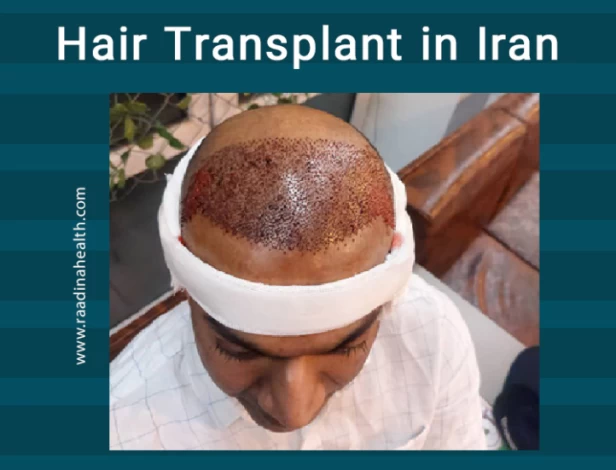
Conclusion: Nourishing Your Hair for Optimal Results
While there may not be strict dietary restrictions after hair transplant surgery, it is important to follow the aftercare instructions provided by your surgeon. A healthy and balanced diet after a hair transplant can help promote healing and provide the nutrients for optimal hair growth. Avoiding salty and spicy foods may also be recommended in some cases. If you have any concerns or questions about what to eat after a hair transplant, do not hesitate to consult with your surgeon. By properly caring for yourself and following your surgeon's instructions, you can help ensure the best possible outcome for your hair transplant surgery.
FAQ About Diet After Hair Transplant
How much water should I drink after a hair transplant?
It is recommended that you drink at least 8-10 glasses of water per day after a hair transplant to stay hydrated and promote healing.
Can I eat spicy foods after a hair transplant?
It is best to avoid spicy foods for the first few days after a hair transplant, as they can irritate the scalp. After the initial healing period, you can slowly reintroduce spicy foods into your diet.
How long should I follow a healthy diet after a hair transplant?
To ensure the best possible results, it is recommended that you follow a healthy diet for at least 6-12 months after a hair transplant.
Can smoking affect the results of a hair transplant?
Yes, smoking can negatively affect the results of a hair transplant. Smoking can reduce blood flow to the scalp, slowing healing and minimizing hair growth. It is recommended to quit smoking before and after the procedure.
Can I drink Alcohol after a hair transplant?
Alcohol consumption should be avoided for at least a few days after the procedure as it can interfere with healing and increase the risk of bleeding. After the initial recovery period, moderate alcohol consumption is generally safe, but excessive drinking should be avoided as it can hurt overall health and well-being.
What should I eat immediately after my hair transplant surgery?
After your hair transplant surgery, it's best to stick to light, easily digestible foods. Clear liquids and soft foods such as broths, soups, yogurt, and smoothies are good options.
Can I drink caffeinated beverages after a hair transplant?
While avoiding caffeine immediately after the procedure is generally best, you can gradually reintroduce it into your diet once you feel comfortable. However, it's important not to overdo it, as excessive caffeine consumption can potentially affect blood flow and healing.
Can I eat bananas after a hair transplant?
Yes, bananas are a great choice to eat after a hair transplant. They are soft, easily digestible, and provide important nutrients such as potassium, vitamin C, and vitamin B6.
Can we eat chicken after hair transplant?
Yes, chicken is a great source of protein, which supports hair growth and healing after a transplant. Opt for boiled or grilled chicken to avoid excess oil.
What is the best shampoo after hair transplant?
Use a mild, sulfate-free shampoo recommended by your surgeon. Avoid harsh chemicals and scrubbing the transplanted area for the first few weeks.
Can I drink tea after hair transplant?
Moderate tea consumption is fine, but avoid excessive caffeine as it may affect healing and blood circulation in the scalp.
After hair transplant, is a vegetarian or non-vegetarian diet better?
Both can be effective if they provide sufficient protein, vitamins, and minerals. Non-vegetarian diets offer protein from meat and fish, while vegetarian diets should include legumes, nuts, and eggs (if ovo-vegetarian) to support hair growth.

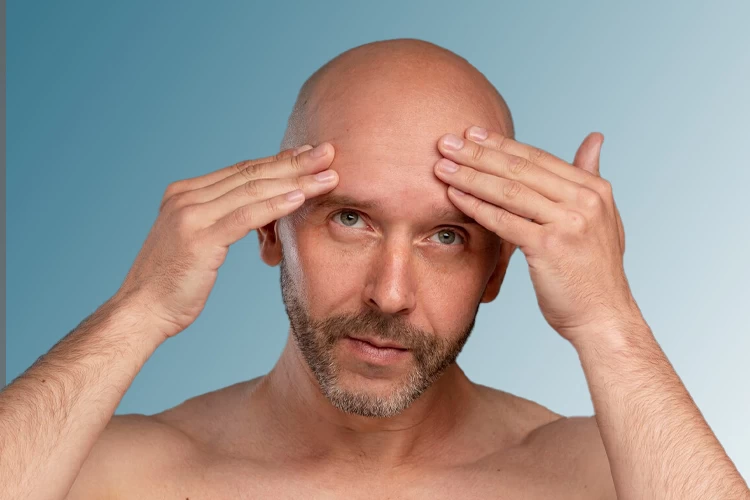
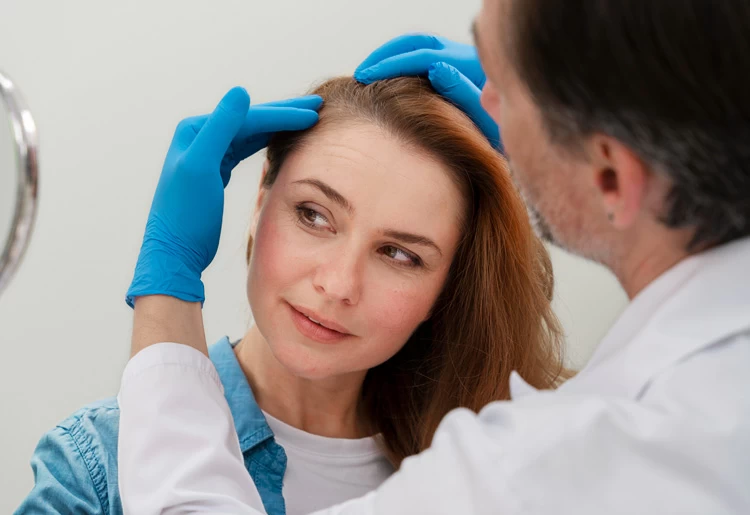

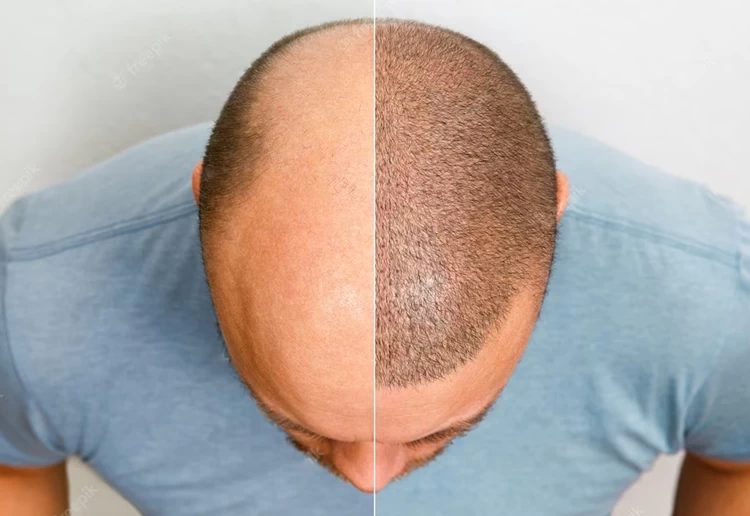
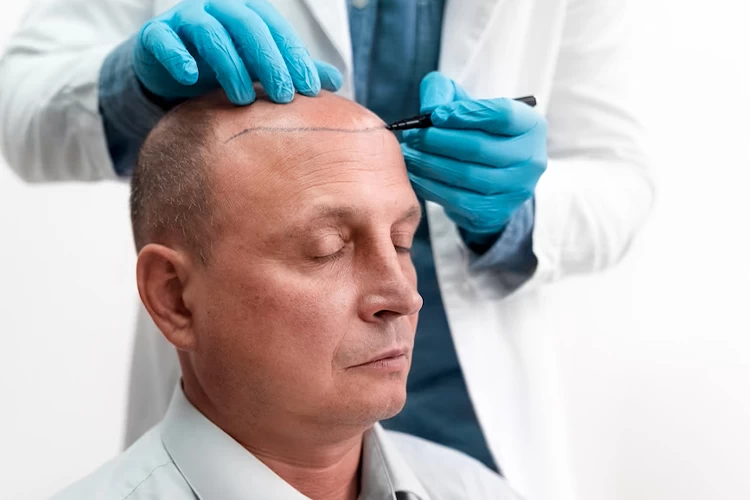
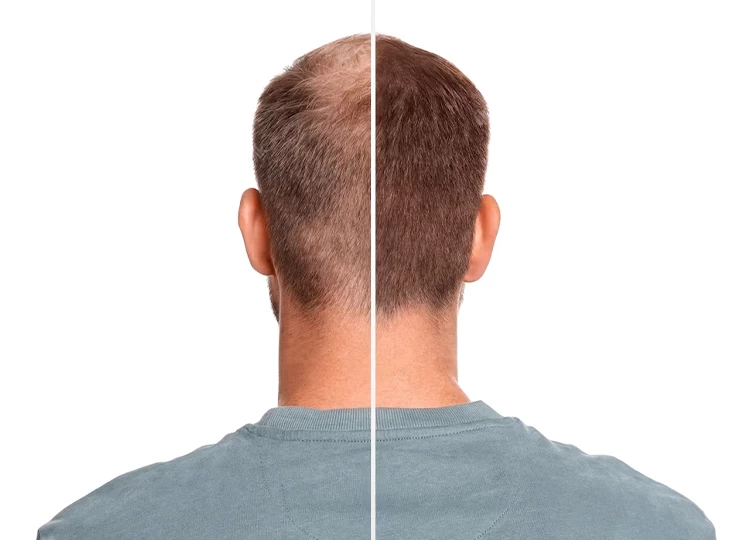


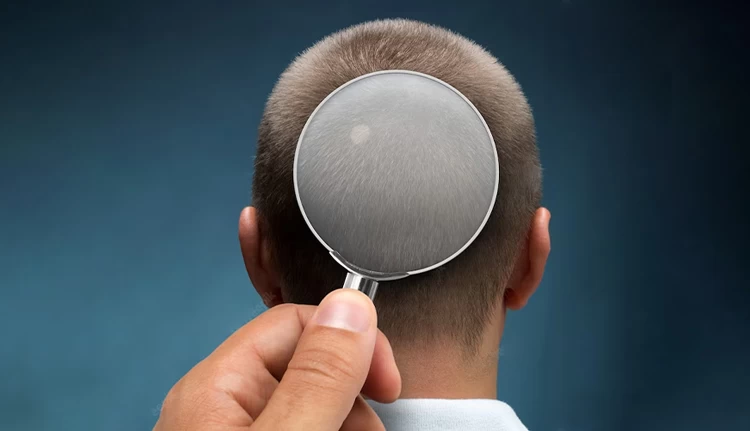
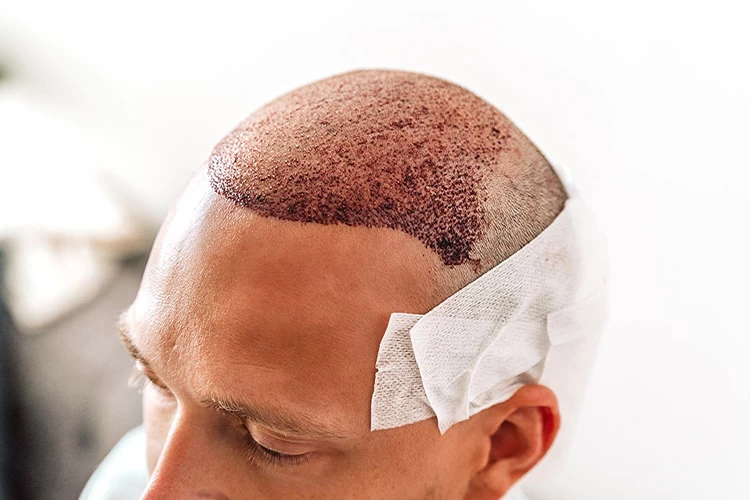
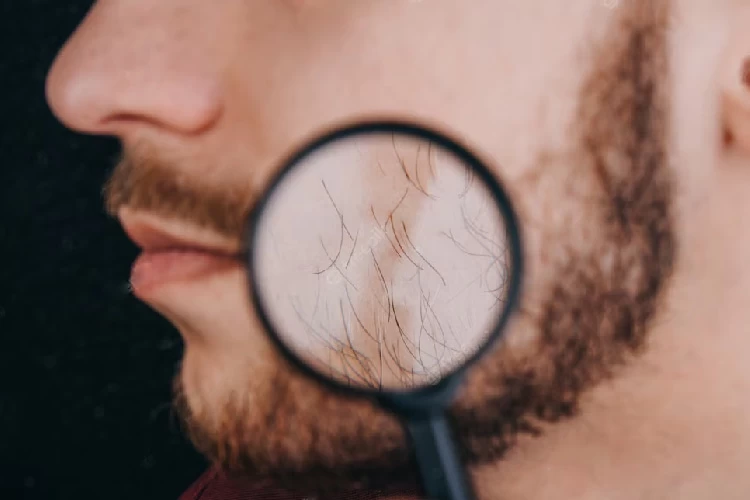
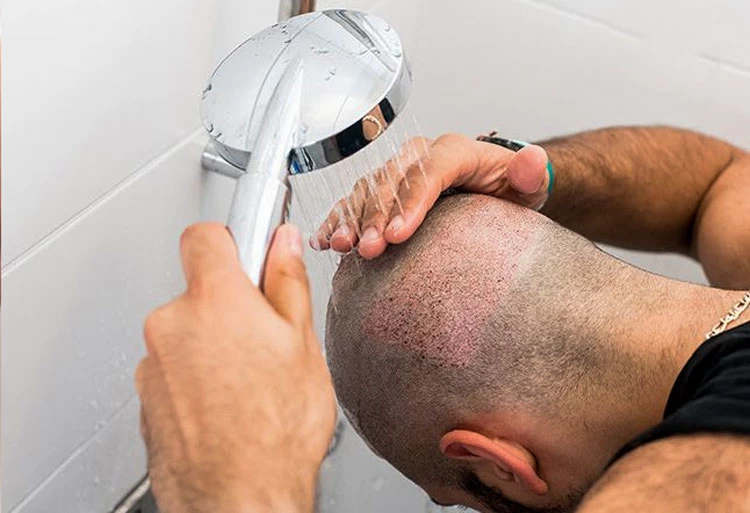
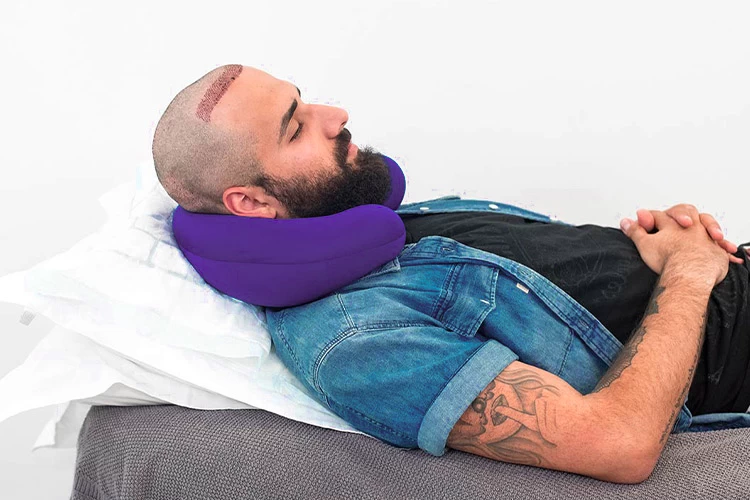

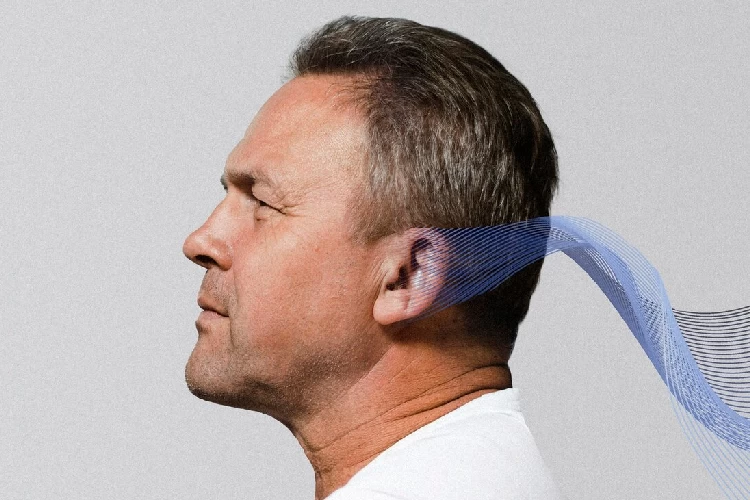

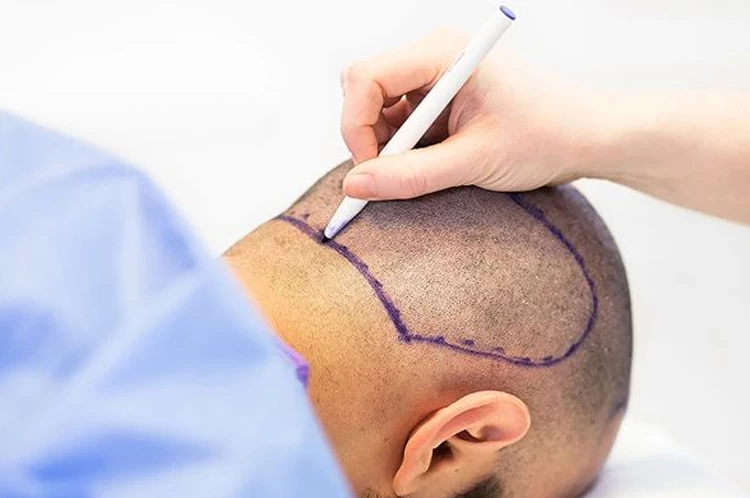
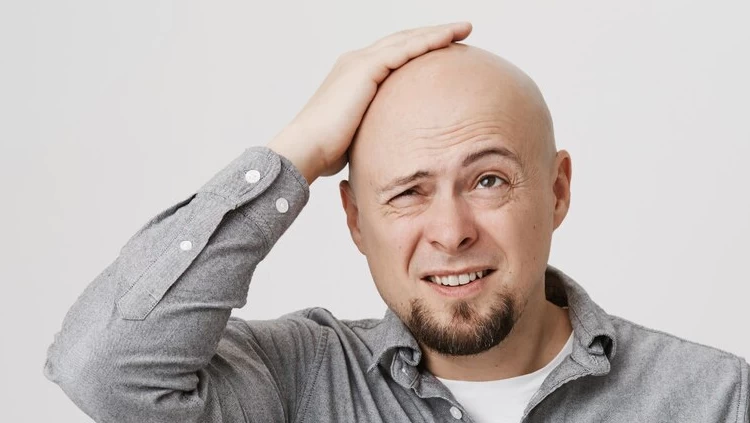
No reviews
Your comment